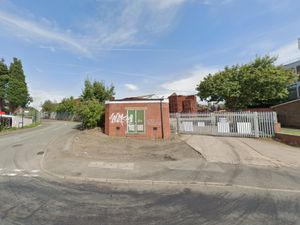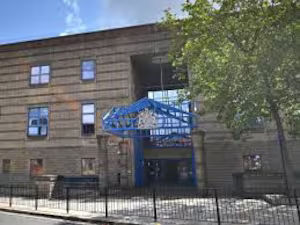IN PICTURES: Heritage project keeps links to Black Country's chainmaking history alive
The proud history of the Black Country's female chainmakers is to feature in a new heritage project hoping to preserve the past before it is too late.
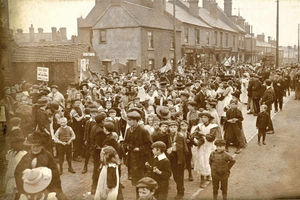
Pictures of artefacts and recordings made by the ancestors of chainmakers will be uploaded on a new website being set up by The Friends of the Women Chainmakers.
The group was formed to preserve the industrial heritage of the Black Country and celebrate the role that women played.
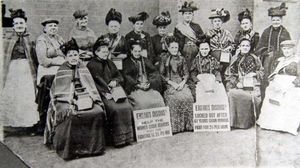
To kick start the project, the group is seeking ancestors of female chainmakers and of women who worked in other industries to share their family's story.
Chair Lesley Bates, said: "There are two sides to what we are doing with this project. One will look at the heritage side and involved speaking to the grandchildren and the great-grandchildren of the women chainmakers.
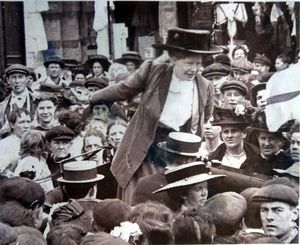
"The other side will reflect on what women's work was like in the Black Country and Cradley Heath and whether it has changed at all in the last 100 years. "
The 1910 Women Chainmakers' strike, led by Mary Macarthur and supported by the women of Cradley Heath, was pivotal in labour history and a significant step in the development of a universal minimum wage.
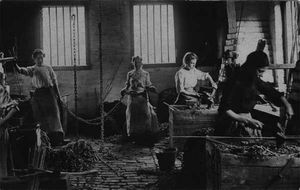
During a visit to Empire Theatre in Cradley Heath, union leader Macarthur saw poverty and was shocked by the infant mortality rate.
After she persuaded chainmaker bosses to set a minimum wage, she was left angry when they found a loophole that meant that the wage increase could be held back by nine months. This enabled them to stockpile chain and then lay off workers before the increase.
In response, Macarthur organised strikes at chainmakers, the first being in Graingers Lane. The strike lasted 10 weeks when employers finally agreed to meet their demands.
Mrs Bates, added: "Mary Macarthur was very good at using the media. She made a film which went out to cinemas, including in the United States.
"This was really important stuff that resulted in the Workers' Institute at Cradley Heath, now at the Black Country Living Museum."
The group intend to apply for heritage lottery funding and will look to provide work packs for schools.
Part of the motivation is to record accounts of the historic events before it is too late.
Mrs Bates, added: "If we do not do something about it quickly there will not be people who have even second or third hand memories of the women chainmakers.
"The strike itself was such an important event. People remember other strikes but because this was a women's issue it does not tend to have the same prominence."
A free event will be held at Cradley Heath Library on Tuesday for anyone interested in being involved or who can share their family's story.
For more information contact Mrs Bates on 07816 480584.


